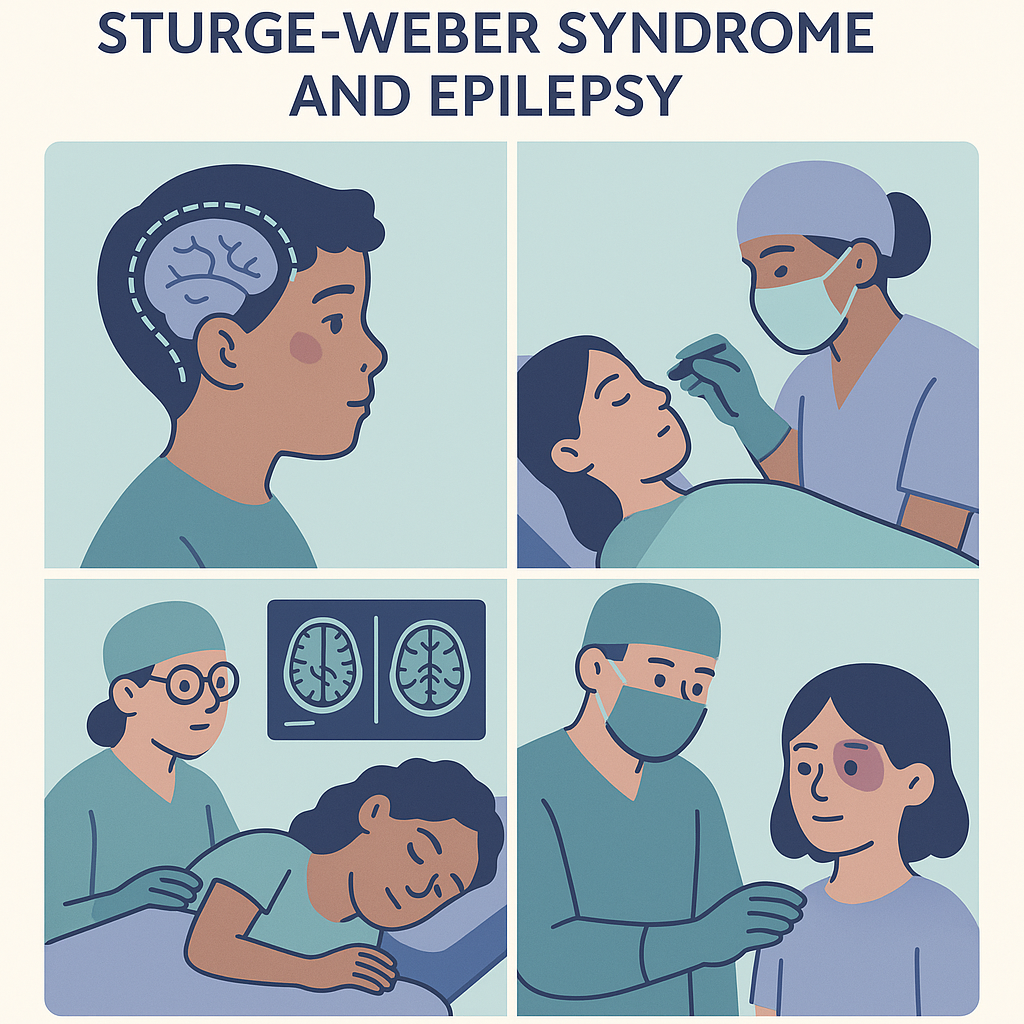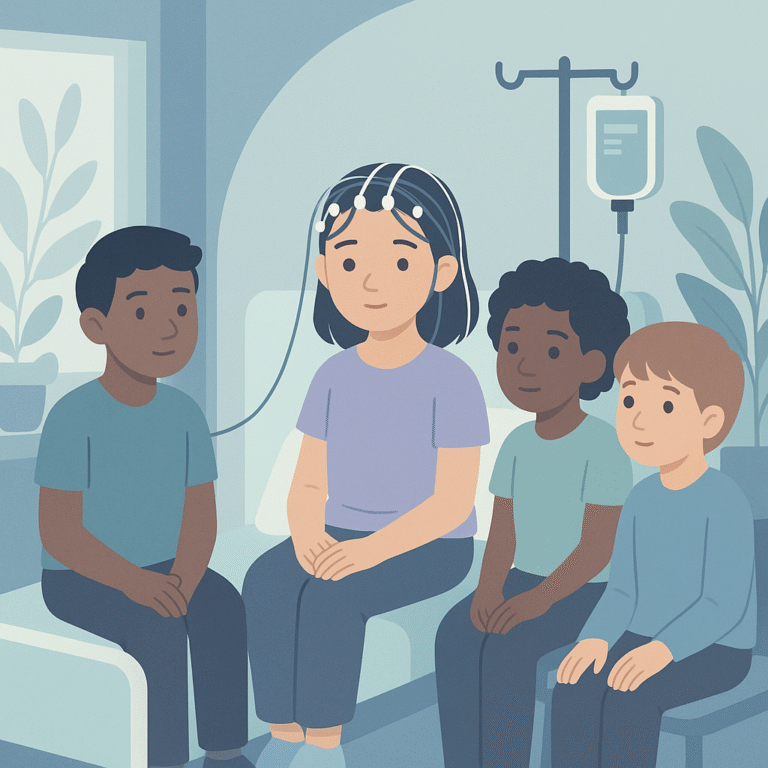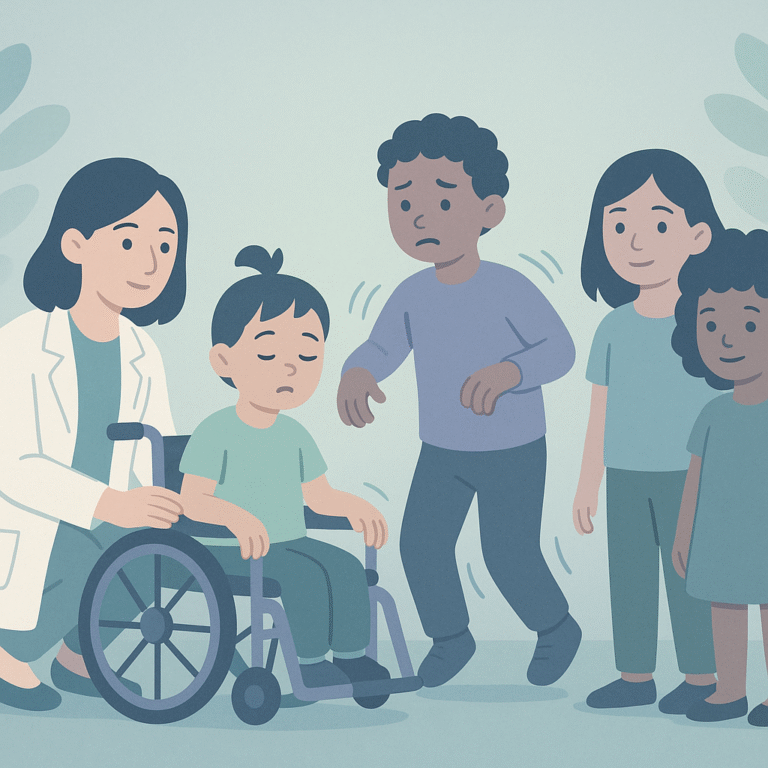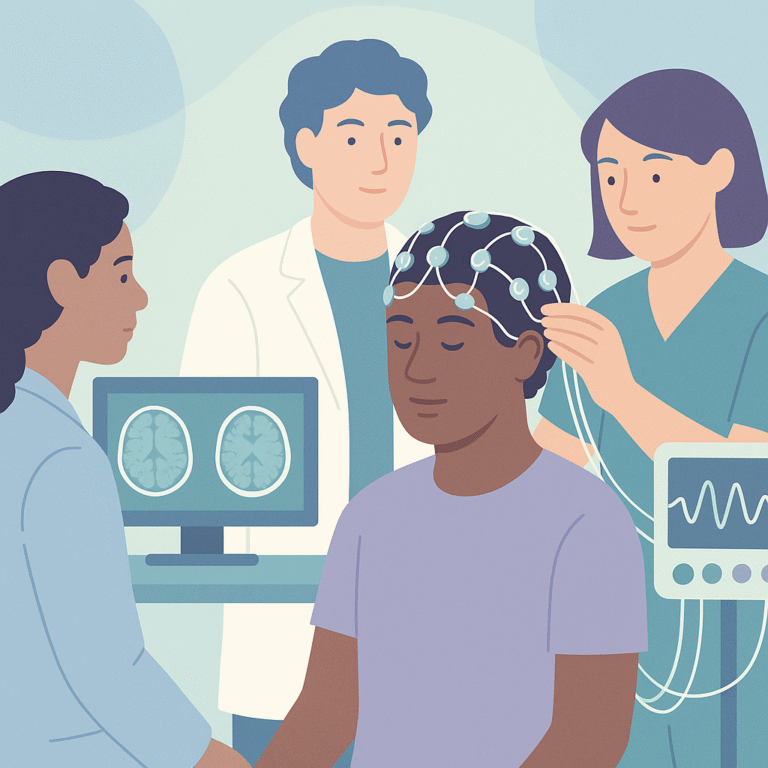Surgery Options for Sturge-Weber Syndrome and Epilepsy
Summary
Researchers at Boston Children's Hospital studied the effects of epilepsy surgery in children with Sturge-Weber syndrome, a condition that can cause seizures and other neurological issues. They focused on patients who had either one side of the brain affected (unilateral) or both sides but in an uneven way (bilateral asymmetric). The study included a group of children who underwent surgery to help control their seizures.
The main finding of the study was that surgery could significantly reduce the number of seizures in these children. Specifically, many patients experienced a marked improvement, with some becoming seizure-free after the procedure. The results suggest that surgery can be a beneficial option for managing epilepsy in children with Sturge-Weber syndrome, especially when seizures are hard to control with medication alone.
This research is important because it highlights a potential treatment for a challenging condition. However, it is essential to note that the study had limitations, such as a small number of participants and being observational in nature. This means that while the findings are promising, more research is needed to fully understand the long-term effects and best practices for surgery in these patients.
Related reading
- Correction Made to Figure in Migraine Treatment Study
- Genetic Mutations Linked to Drug Resistance in Pediatric Epilepsy
- Smartphone Tools Help Diagnose Epileptic Seizures
- Correction on USP25 Variants and Genetic Epilepsy
- Understanding Cognitive Challenges in Children with Epilepsy Surgery
- Secure Video Sharing Tool Helps Diagnose Pediatric Epilepsy
Free: Seizure First Aid Quick Guide (PDF)
Plus one plain-language weekly digest of new epilepsy research.
Unsubscribe anytime. No medical advice.





